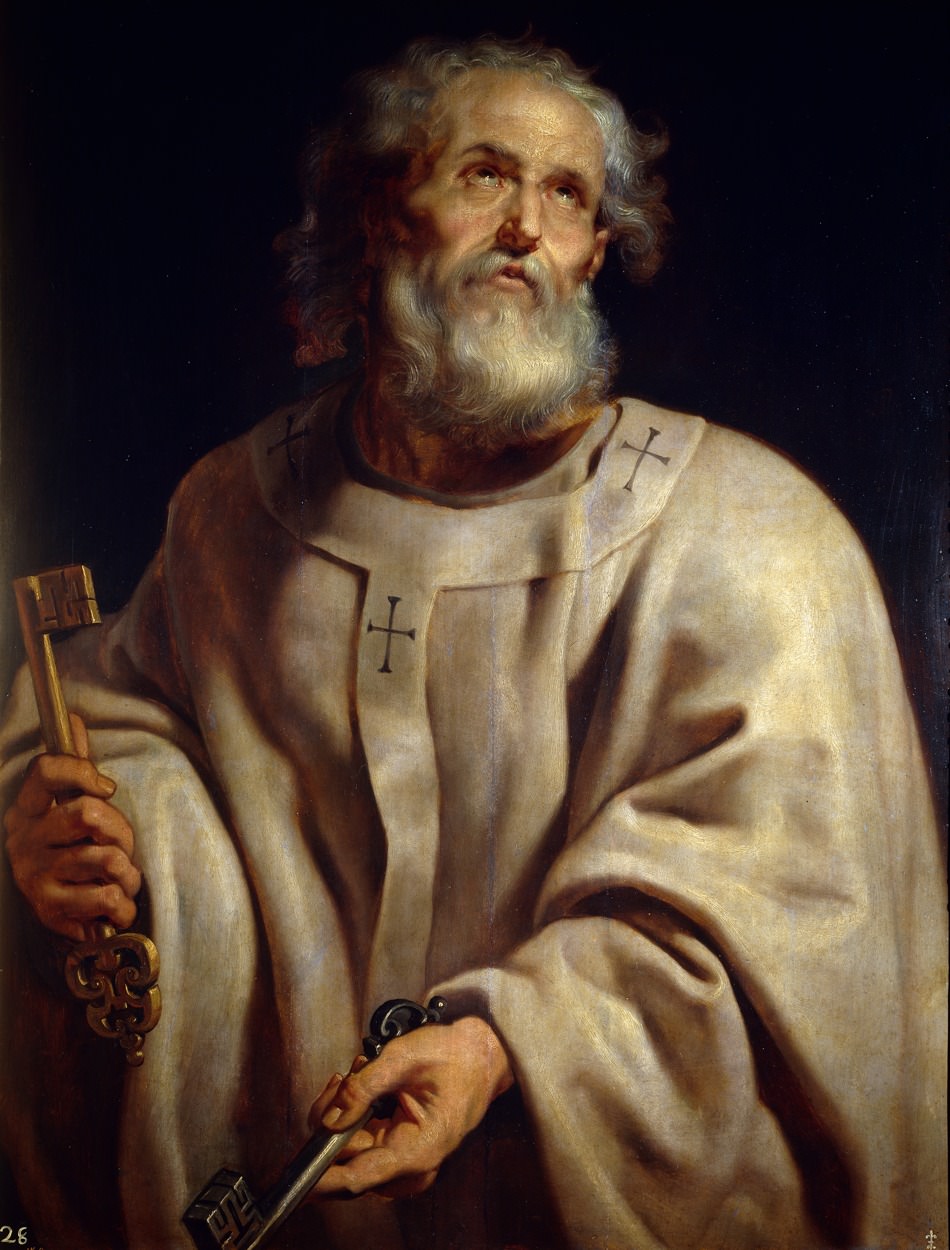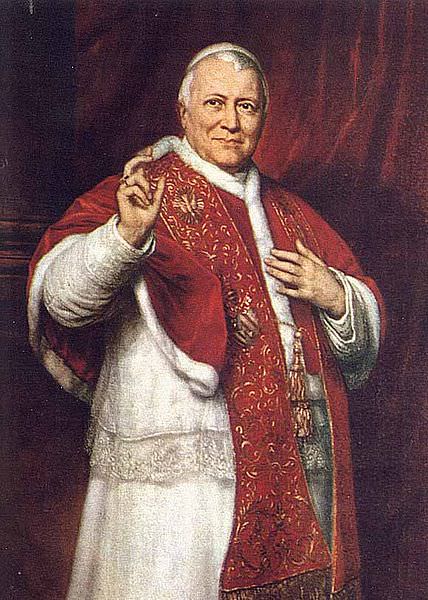The next pope should be increasingly irrelevant, like the last two. The farther he floats up, away from the real religious life of Catholics, the more he will confirm his historical status as a monarch in a time when monarchs are no longer believable. Some people think it a new or even shocking thing that so many Catholics pay no attention to papal fulminations—against, for instance, female contraceptives, male vasectomies, condoms to prevent the spread of AIDS, women’s equality, gay rights, divorce, masturbation, and artificial insemination (because it involves masturbation). But it is the idea of truth descending though a narrow conduit, straight from God to the pope, that is a historical invention.
When Cardinal Ratzinger was asked, before he became Pope Benedict XVI, if he was disturbed that many Catholics ignored papal teaching, he said he was not, since “truth is not determined by a majority vote.” But that is precisely how the major doctrines like those on the Trinity, the Incarnation, the Resurrection were fixed in creeds: at councils like that of Nicaea, by the votes of hundreds of bishops, themselves chosen by the people, before popes had any monopoly on authority. Belief then rose up from the People of God, and was not pronounced by a single oracle. John Henry Newman, in On Consulting the Faithful in Matters of Doctrine (1859), argued that there had been periods when the body of believers had been truer to the faith than had the Church hierarchy. He was silenced for saying it, but his historical arguments were not refuted.
Catholics have had many bad popes whose teachings or acts they could or should ignore or defy. Orcagna painted one of them in hell; Dante assigned three to his Inferno; Lord Acton assured Prime Minister William Gladstone that Pius IX’s condemnation of democracy was not as bad as the papal massacres of Huguenots, which showed that “people could be very good Catholics and yet do without Rome”; and John Henry Newman hoped Pius IX would die during the first Vatican Council, before he could do more harm. Acton’s famous saying, “Power tends to corrupt, and absolute power corrupts absolutely,” was written to describe Renaissance popes.
With the election of a new pope, the press will repeat old myths—that Christ made Peter the first pope, and that there has been an “apostolic succession” of popes from his time. Scholars, including great Catholic ones like Raymond Brown and Joseph Fitzmyer, have long known that Peter was no pope. He was not even a priest or a bishop—offices that did not exist in the first century. And there is no apostolic succession, just the twists and tangles of interrupted, multiple, and contested office holders. It is a rope of sand. At the beginning of the fifteenth century, for instance, there were three popes, none of whom would resign. A new council had to be called to start all over. It appointed Martin V, on condition that he call frequent councils—a condition he evaded after he was in power.
But didn’t Jesus say, “You are Peter, and on this rock I will build my church” (Mt. 16.18)? Yes, but he also ordered his disciples not to seek rank among themselves (Mark 9.33-37), and said “Do not call any man on earth ‘father,’ for you have one Father, and he is in heaven” (Matthew 23.9, NEB). How do we reconcile these sayings? G. K. Chesterton gave the best answer. Christ, founding his church, did not choose Peter because he was above others, but because he was not above them:
He chose for its cornerstone neither the brilliant Paul nor the mystic John, but a shuffler, a snob, a coward—in a word, a man. . . All the empires and the kingdoms have failed because of this inherent and continual weakness, that they were founded by a strong man upon strong men. But this one thing, the historic Christian Church, was founded on a weak man, and for that reason it is indestructible. For no chain is stronger than its weakest link.
In the coming election, we do not have to fear Dante’s hell-bound popes, Acton’s mass-murderer popes, or Newman’s in-need-of-death pope. Happily, we can expect the new pope to be a man ordinary and ignorable, like Saint Peter.



